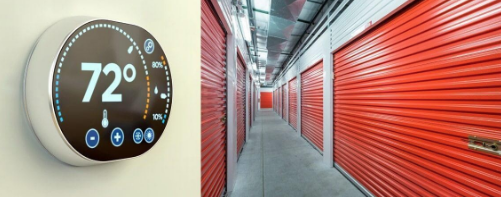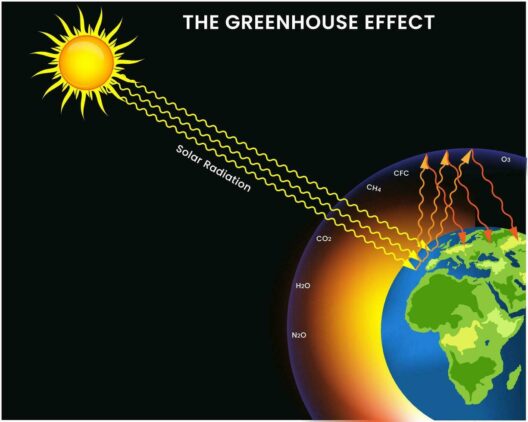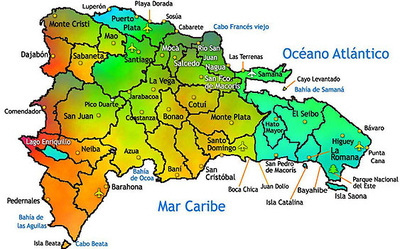What exactly is a climate controlled storage unit? Is it merely an advanced storage solution, or does it serve a higher purpose in today’s environmentally precarious landscape? As we grapple with climate change, understanding how we can preserve our possessions while minimizing our carbon footprint becomes increasingly essential. Climate controlled storage units offer a valuable service to individuals and businesses alike by regulating temperature and humidity, thus safeguarding our belongings against environmental extremities.
These storage units maintain a consistent temperature, typically between 55°F and 85°F, along with controlled humidity levels. This careful regulation protects items that are sensitive to environmental fluctuations. For instance, wooden furniture can warp due to excessive humidity, while electronics might malfunction if subjected to extreme temperatures. When considering the implications for goods of various natures, one must ponder: how much are we willing to risk exposure to the elements for the sake of convenience?
Climate controlled units ultimately ameliorate the risks posed by both natural elements and human factors. Essentially, these units can serve as an insurance policy for valuable items like antiques, artwork, documents, and sensitive equipment. But amidst those benefits lies a perplexing question: Is the nominal cost of renting such a facility justified by the potential loss of cherished possessions? It is this juxtaposition that demands our attention.
Let’s delve deeper into why climate controlled storage might be the optimal choice in various scenarios. For instance, businesses relying on sensitive inventory must consider potential losses due to spoilage, damage, or degradation. Art galleries often utilize climate controlled spaces to ensure that priceless works are kept in prime condition. Similarly, households undergoing transitions, such as moving or renovations, benefit from these units to protect irreplaceable heirlooms.
Moreover, the implications extend beyond mere preservation. Climate controlled storage units can play a role in sustainability as well. By preventing unnecessary waste through damage or deterioration of stored items, we can contribute positively to the global initiative of reducing landfill contributions. Just consider how many items might otherwise end up discarded because they could not withstand the climate or environmental conditions. Having such a storage option thus aligns perfectly with a sustainable lifestyle, enabling us to keep our belongings safe while being mindful of our ecological footprint.
However, it’s worth noting that the availability of climate controlled spaces has spurred questions regarding energy consumption. Utilizing electricity to maintain optimal temperatures can undoubtedly create a paradox in our quest for sustainability. As environmental stewards, we must ask ourselves: Are there renewable energy options that could be harnessed to power these units? Agricultural waste could potentially be transformed into biofuels, green roofs could aid in insulation, and solar panels could make these facilities more sustainable than ever before. Tackling this question can enhance the overall worth of climate controlled storage units and pave the way for greener solutions.
Likewise, from a consumer perspective, weighing the pros and cons is crucial. While the upfront cost may be higher than traditional storage options, the long-term benefits can outweigh those initial expenses. For instance, safeguarding valuable inventory may prevent costly losses that could arise from spoilage or theft. Employing climate controlled storage allows one to think long-term, recognizing the intrinsic value of possessions that often go unappreciated until faced with the threat of damage.
In addition to the financial benefits, there are practical advantages to utilizing climate controlled storage units. With increased security measures typically in place, many facilities offer surveillance systems, gated access, and on-site personnel. Imagine the peace of mind knowing that your belongings are not only safe from the elements but also secure from potential theft. Such conditions provide an all-around safety net for both businesses and individuals alike.
One intriguing consideration is the emotional aspect tied to climate controlled storage. In times of upheaval, like relocation or home renovations, knowing that your valuables are protected can significantly alleviate stress. It permits individuals to focus on the transitions at hand without the nagging worry of potential loss. Consequently, the mere presence of a climate controlled storage option may have psychological benefits that reach beyond financial or physical safety.
As we conclude, we find ourselves facing a modern quandary: whether to embrace new technologies and methods, such as climate controlled storage, in a world steadily warming due to climate change. In contemplating the merits, consumers are called to reflect on their own paradigms of worthiness. Are we prepared to prioritize insulation and preservation that align with our environmental ethos? Will we take the challenge of ensuring responsible energy consumption in our quest for comfort and security? The answers will shape not only our individual decisions but also the broader outcome of our shared environmental responsibility.
Ultimately, climate controlled storage units exemplify how modern needs intersect with our responsibility toward the environment. By considering both the practical implications and the larger ethical questions at play, we can champion solutions that reflect our values while also safeguarding the treasures we hold dear. The choice is ours: to keep it cool and keep it safe, or to let our valuables succumb to the relentless march of time and climate.








